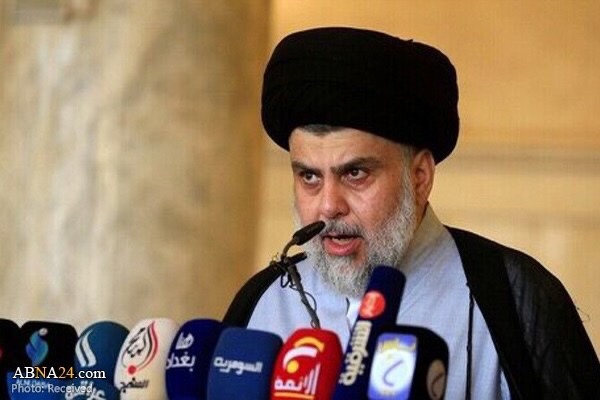 Op-Ed: Al-Sadr fears Iraq will be battleground for Iran US conflicts
Op-Ed: Al-Sadr fears Iraq will be battleground for Iran US conflicts
TRT World Now
Thousands of Muqtada al Sadr’s supporters protest in Baghdad
Sadr wants to appear as a neutral nationalist Sadr said: “Iraq and the Iraqis are not a party to the conflict.” Sadr warned that both sides should distance their Iraq ties to US and Iranian mutual conflicts. Since the 2003 invasion and occupation by the US, Iraq has been dominated politically by groups loyal either to Iran or the US. Sadr tweeted: “Iraq has become a victim to the U.S.-Iranian conflict and has been greatly affected as if it is an arena for their conflicts.Therefore, I call on Iran to distance Iraq from its conflict, and I warn the (U.S.) occupier against continuing its conflict … Iraq and the Iraqis are not a party to the conflict”.
Protest movements have pushed the groups towards more autonomy heading into the vote next June. Sadr is trying to look to be more autonomous and more nationalist compared to those supported by Iran or the US. US assassination of Iranian general fueled tensions In early January this year the US assassinated a top Iranian general as reported by the BBC: “Iran’s most powerful military commander, Gen Qasem Soleimani, has been killed by a US air strike in Iraq.The 62-year-old spearheaded Iranian military operations in the Middle East as head of Iran’s elite Quds Force.” This greatly increased the tension between Iran and the US almost starting a war. The drone attack was in Baghdad near the airport. This set the stage for Iraq being the scene for conflict between Iran-supported militia in Iraq and US forces throughout the year.
Only two days after the US attack the Iraqi parliament passed a resolution for the government to end the presence of foreign forces in the country. No action has been taken to do so yet. Sadr’s party not part of protest movement While Sadr’s party has not been part of the protests against the government of which his party is part he still may gain support in his desire for Iraq to have an autonomous foreign policy and not the locus of conflicts between Iran and US.
No comments:
Post a Comment